Albanese warns China over Taiwan, declares dialogue ‘key’ to regional peace
Anthony Albanese has issued a veiled warning to China at Asia’s premier security conference in Singapore.
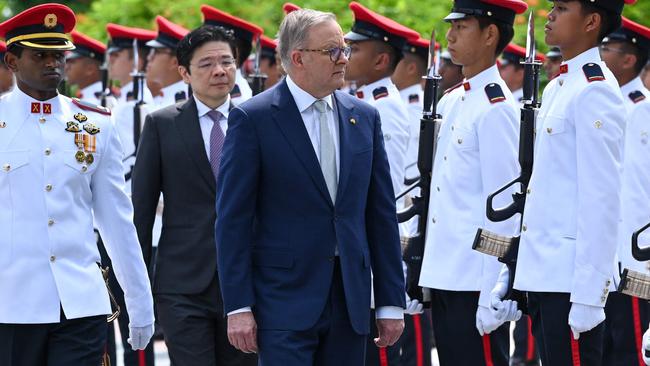
Anthony Albanese has issued a veiled warning to China at Asia’s premier security conference that taking Taiwan by force would unleash a conflict so serious it would “far outweigh any potential reward”.
Delivering the keynote address at Singapore Shangri-La Dialogue, the Prime Minister said strong global rules, multilateral institutions, and strategic “guardrails” were the key to maintaining peace.
As tensions between China and the US threatened to overshadow the two-day event, he warned against a sense that “war is inevitable”, declaring all Indo-Pacific nations had a shared responsibility to ensure conflict was avoided.
“The essential precondition for this is dialogue,” Mr Albanese said, just days after China’s Defence Minister, General Li Shangfu, refused to meet with US counterpart Lloyd Austin at the conference.
“If you don’t have the pressure valve of dialogue, if you don’t have the capacity – at a decision-making level – to pick up the phone, to seek some clarity or provide some context, then there is always a much greater risk of assumptions spilling over into irretrievable action and reaction.”

In what was billed as his most important foreign policy speech of the year, Mr Albanese told an audience of more than 500 delegates – including General Shangfu and Mr Austin – that Australia’s goal was “not to prepare for war but to prevent it”.
He said Australia was investing in a more stable region, through both diplomacy and military deterrence. “(We are) doing our part to fulfil the shared responsibility all of us have to preserve peace and security,” Mr Albanese said.
“And making it crystal clear that when it comes to any unilateral attempt to change the status quo by force: be it in Taiwan, the South China Sea, the East China Sea or elsewhere, the risk of conflict will always far outweigh any potential reward.”
He also warned of the importance of the United Nations Convention on the Law of the Sea – which China has flouted by declaring most of the South China Sea as its own – as a guarantee of regional maritime security.
The speech followed calls by Mr Austin for Beijing to resume security talks, warning near-misses such as a recent mid-air incident over the South China Sea could dangerously escalate without routine dialogue.
“I’m concerned about ... having an incident that could very, very quickly spiral out of control,” Mr Austin said in Tokyo on Thursday. “I think defence departments should be talking to each other on a routine basis.” But Chinese state mouthpiece The Global Times accused the US of “deliberately making a fuss”.
“China does not want to engage in staged exchanges for show, nor can it accept coercive exchanges without sincerity under sanctions and provocations,” it said in an editorial.
Mr Albanese said China’s economic transformation had supported the entire region’s prosperity, but Beijing had also benefited from the clear rules supporting fair trade, innovation and the sharing of knowledge.
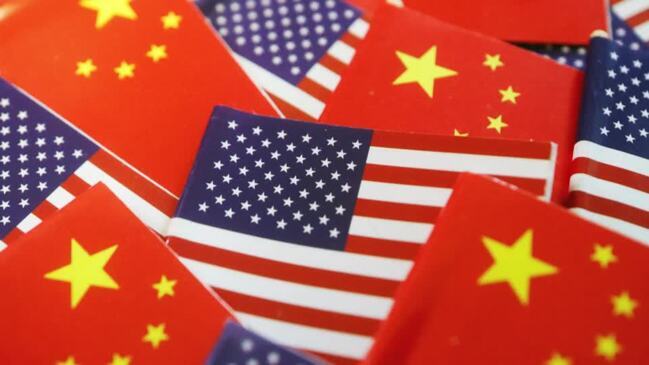
He said American leadership had been “an indispensable element” in creating those rules, “but we have all played our part, creating a prevailing climate of peace and stability, secured by sovereignty”.
While bilateral dialogue was “vital”, he said, multilateral forums like ASEAN, the East Asia Summit and APEC ensured countries could “argue constructively and disagree respectfully”.
He also sought to reassure delegates about Australia’s nuclear submarine plan, quoting Indonesia’s Joko Widodo, who argued the AUKUS pact and Australia’s Quad partnership with the US, Japan and India should work with the region as “partners, not competitors”.
The Prime Minister declared: “That’s very much Australia’s view – and it is our approach.“
He was officially welcomed to Singapore by Acting Prime Minister Lawrence Wong, who presented him with a specially-bred orchid hybrid, Dendrobium Anthony Albanese, as part of the country’s customary “orchid diplomacy”.
Singapore’s Prime Minister, Lee Hsien Loong, was unable to receive him after earlier testing positive for Covid-19.
In bilateral talks, Mr Albanese and Mr Wong agreed on a new $20m green innovation program to encourage small and medium enterprises from both countries to collaborate on environmental sector projects.
A new “green and digital shipping corridor” agreement was also struck, to bring together port operators, regulators and other stakeholders to develop zero-carbon shipping options.
Mr Wong, who is Mr Lee’s anointed successor, said Australia and Singapore were in a strong position to work together to reinforce international rules, avoiding “a situation where the law of the jungle prevails”.
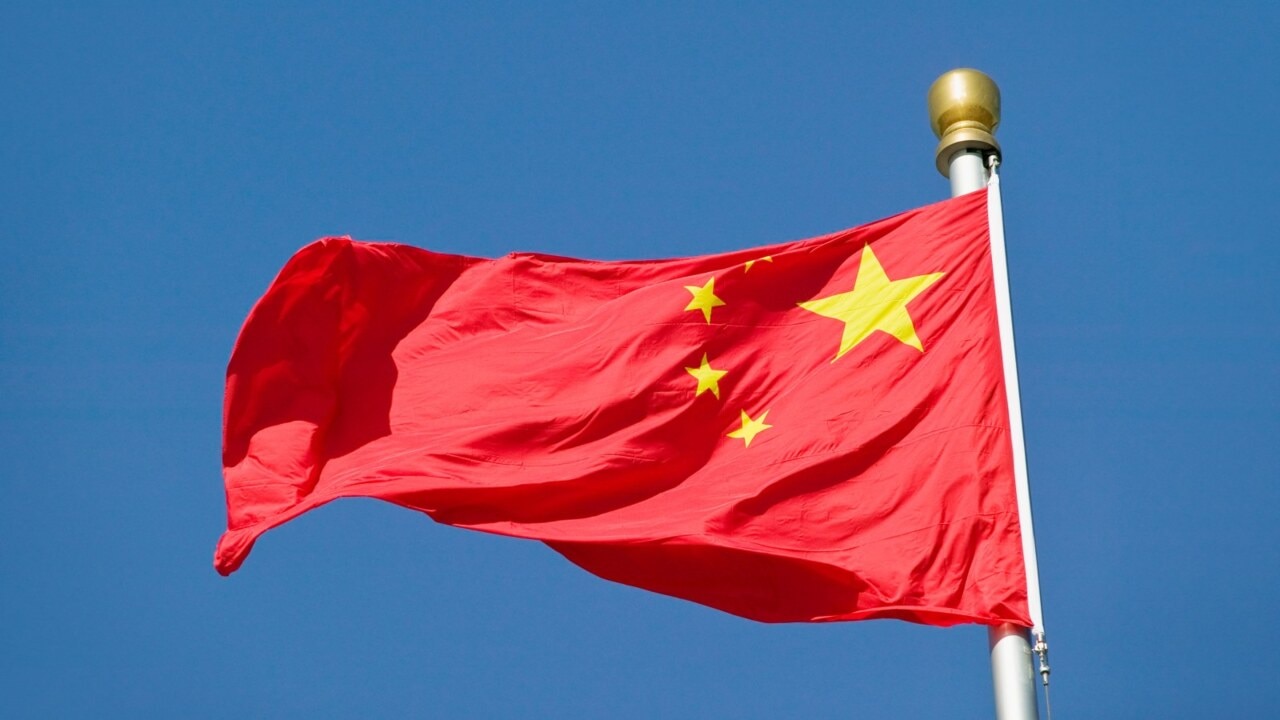
He said Singapore welcomed Australia’s AUKUS and Quad partnerships, as long as they upheld “ASEAN centrality” – the principle that major policies affecting Southeast Asia must be negotiated through the regional forum.
US-China tensions over Taiwan, Russia’s war against Ukraine and North Korea’s nuclear weapons program will be high on the agenda at the Shangri La Dialogue, which will be attended by dozens of defence ministers including Australia’s Richard Marles.
Mr Albanese was due to depart Singapore for Vietnam early on Saturday, where he will meet with the country’s top four leaders, and pay his respects at the resting place of the country’s wartime leader, Ho Chi Minh.
Security matters are likely to feature heavily in the two day visit, amid heightened tensions between Hanoi and Beijing over disputed territory in the South China Sea.
Vietnam rebuked China last week over the presence of a Chinese research ship and five escort vessels in territory Hanoi claims as its exclusive economic zone.
Foreign Ministry spokesman Pham Thu Hang said the Chinese vessels were “violating the sovereign rights and jurisdictions of Vietnam”, which was taking ”appropriate measures” to defend its rights. China, which claims almost all of the South China Sea as its territory, said it was conducting normal scientific research.
Vietnam is expected to press Mr Albanese during official talks to open the door to tens of thousands of the country’s workers.
Its ambassador to Australia, Nguyen Tat Thanh, said Vietnam wanted to supply workers to fill job vacancies in Australia, and he had recently returned from Brisbane where he hoped Vietnamese tradespeople could support the 2032 Olympics preparations.


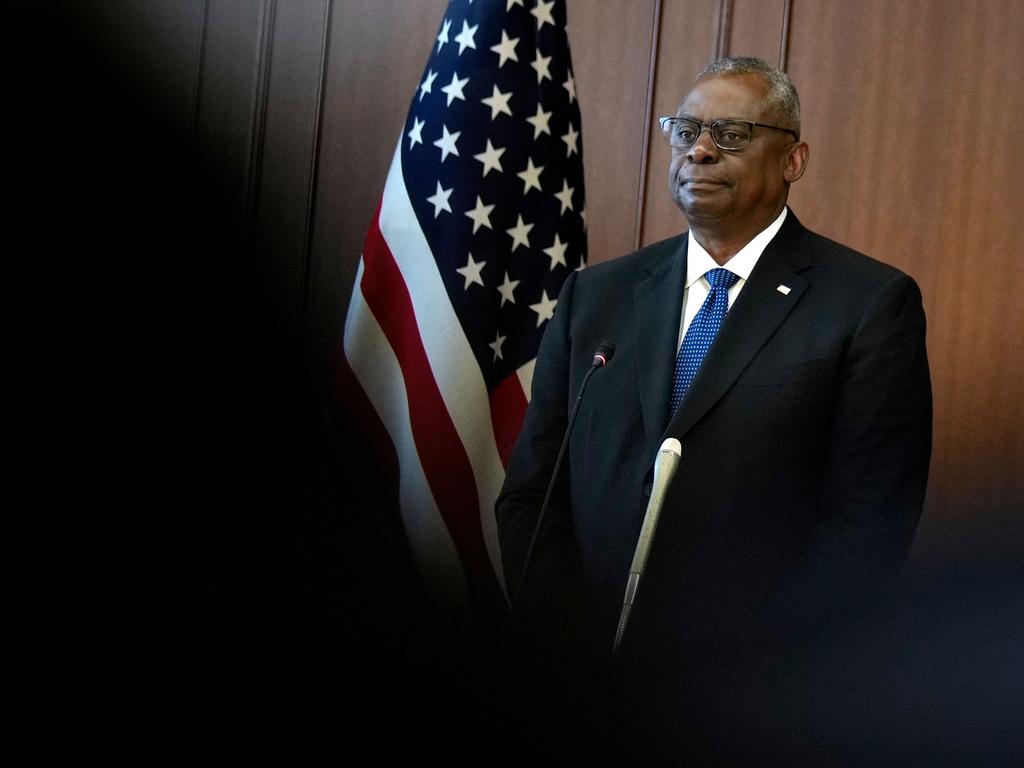
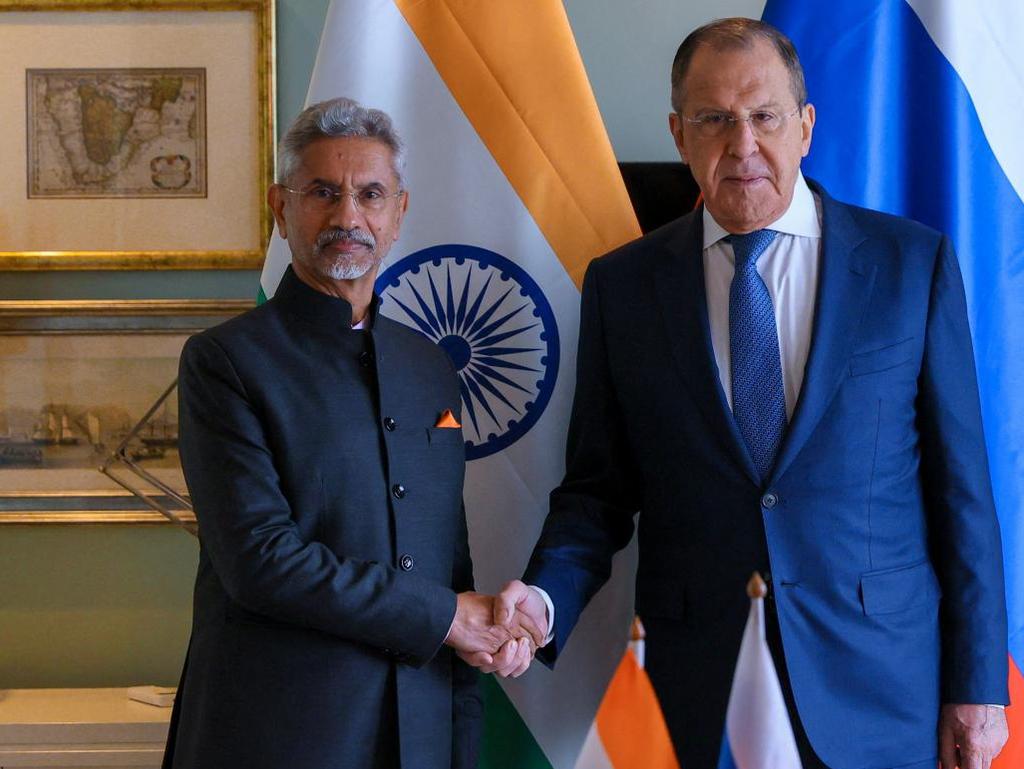




To join the conversation, please log in. Don't have an account? Register
Join the conversation, you are commenting as Logout